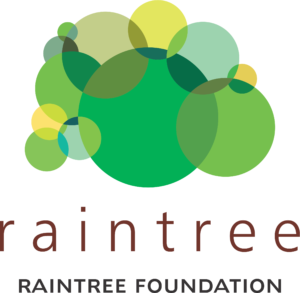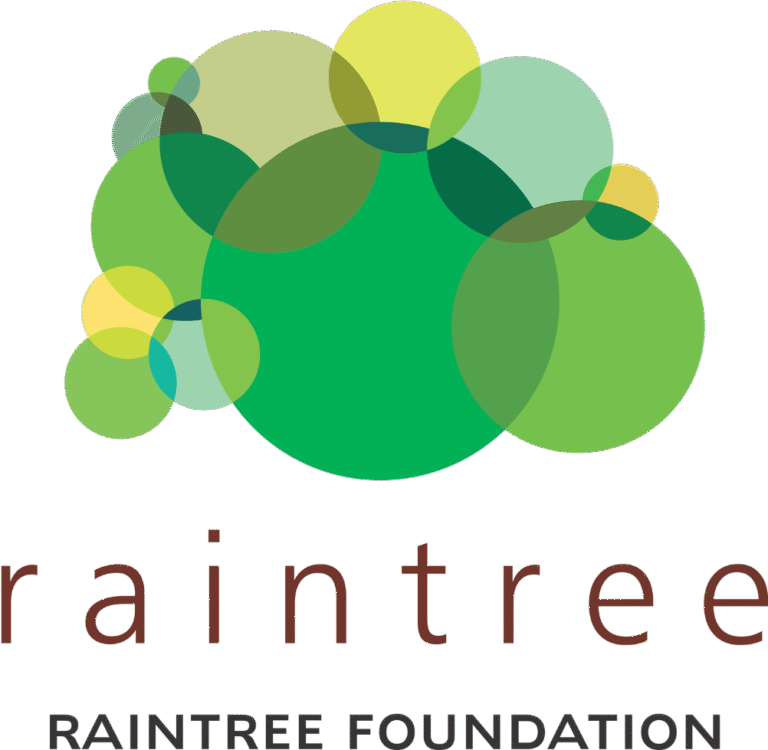Knowledge Centre
January 2025
Equipping Future Conservationists Through Hands-On Learning
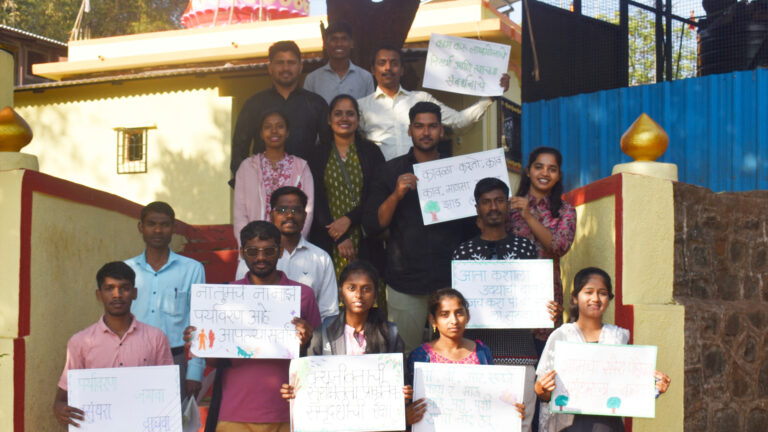
Biodiversity is the foundation of a thriving ecosystem, and its conservation is crucial for ecological balance and sustainability. In an effort to empower the next generation of conservationists and strengthen community-led biodiversity initiatives, Raintree Foundation, in collaboration with Srushti Conservation Foundation (SCF) and Yashwantrao Chavan School of Social Work, Satara, successfully conducted a 15-day Certificate Course on People’s Biodiversity Register (PBR) development for Master’s students. This immersive program enabled students to engage directly with local communities, document biodiversity, and contribute to conservation efforts at the grassroots level.
What is the People’s Biodiversity Register (PBR)?
A People’s Biodiversity Register (PBR) is a community-driven documentation process that records biodiversity, traditional indigenous knowledge, and local conservation practices. It serves as a comprehensive database that includes flora, fauna, medicinal plants, agricultural practices, and cultural traditions linked to biodiversity. Recognized under India’s Biological Diversity Act, 2002, the PBR is instrumental in ensuring the sustainable use of biological resources and safeguarding indigenous knowledge from exploitation.
PBRs are developed through extensive community participation and are managed by Biodiversity Management Committees (BMCs) at the village level. These registers help bridge the gap between conservation policies and local implementation by giving communities a voice in biodiversity governance.
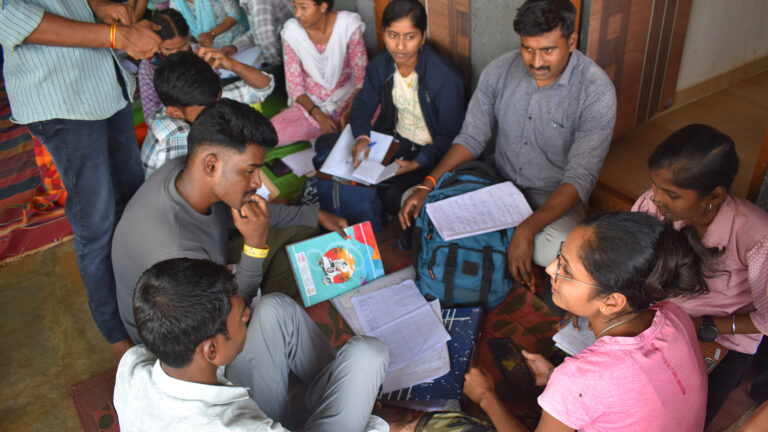
The Role of PBR in Biodiversity Conservation
Biodiversity conservation requires scientific documentation and local stewardship. PBRs contribute to this by:
- Enhancing Community Awareness: By involving local residents in biodiversity documentation, PBRs foster a sense of ownership and responsibility towards conservation.
- Preserving Traditional Knowledge: Indigenous knowledge on medicinal plants, sustainable farming, and ecosystem management is systematically recorded and protected.
- Informing Policy and Conservation Action Plans: PBRs serve as critical resources for formulating conservation policies and sustainable land-use strategies.
- Supporting Access and Benefit Sharing (ABS): By documenting bio-resources and associated knowledge, PBRs help communities claim rightful benefits from their conservation efforts.
- Promoting Sustainable Livelihoods: Many local communities depend on biodiversity for sustenance. PBRs can guide sustainable harvesting and equitable resource sharing.
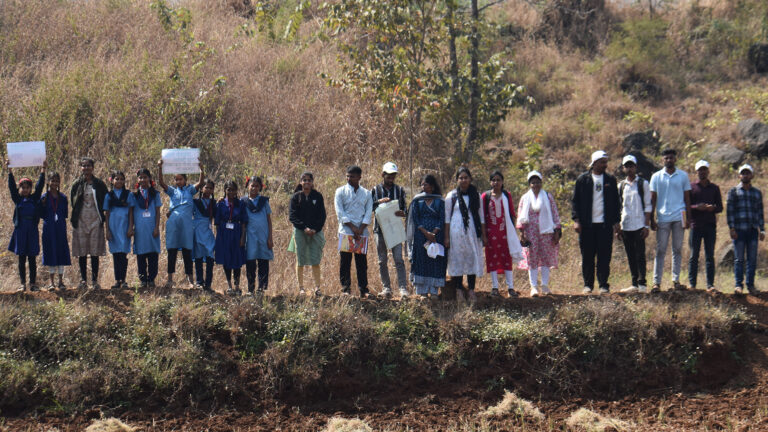
Hands-On Learning in Velhe
As part of this initiative, 41 students from Yashwantrao Chavan School of Social Work, Satara embarked on a transformative learning journey in Velhe, Maharashtra. Throughout the program, they engaged in hands-on fieldwork across five villages—Lavhi, Awali, Dadawadi, Chirmodi, and Ghavar. The sessions were led by expert facilitators from Shrushti Conservation, while Raintree Foundation team coordinated and guided the entire program and field surveys, ensuring a seamless learning experience.
The program involved:
- A three-day intensive workshop introducing PBR concepts, field survey techniques, and participatory rural appraisal methods.
- 12 days of rigorous fieldwork engaging with local communities, identifying species, and documenting traditional ecological knowledge.
- Training in data collection methodologies, including biodiversity mapping and oral history documentation.
- Compilation of crucial ecological data that contributes to long-term conservation planning.
This initiative not only built practical conservation skills but also reinforced the significance of community-driven biodiversity conservation.
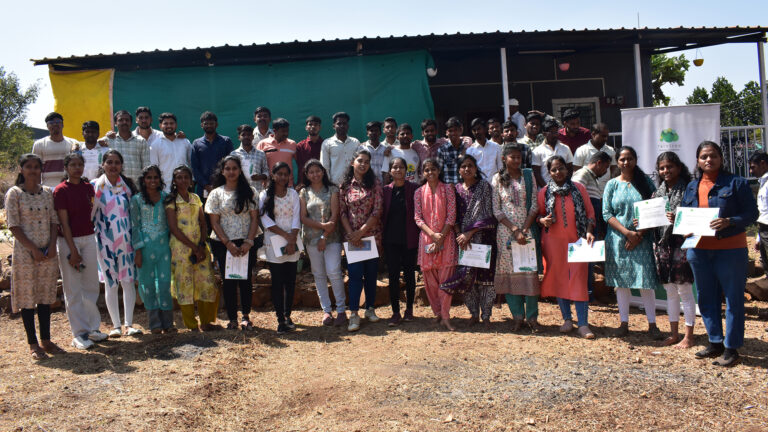
Raintree Foundation’s Vision: Building on PBR as a Conservation Tool
Raintree Foundation is leveraging insights from the PBR documentation to develop a Conservation Action Plan for these villages. This plan will integrate scientific data with community knowledge to:
- Identify priority conservation areas and species under threat.
- Implement habitat restoration and afforestation programs.
- Develop community-led conservation initiatives that align with sustainable livelihoods.
- Strengthen local governance by equipping Biodiversity Management Committees (BMCs) with actionable strategies.
The Way Forward
Completing the PBR documentation marks the beginning of a long-term commitment to conservation. The findings from this initiative will be submitted to the respective Gram Panchayats and the Maharashtra State Biodiversity Board, reinforcing participatory approaches to ecological sustainability. By equipping young conservationists with field experience and engaging local communities in biodiversity management, this initiative is a step towards securing India’s rich ecological heritage for future generations.
Through such collaborative efforts, we continue to champion a holistic approach to conservation that values scientific research, indigenous wisdom, and grassroots participation in protecting the planet’s natural wealth.
To subscribe to our Newsletter
